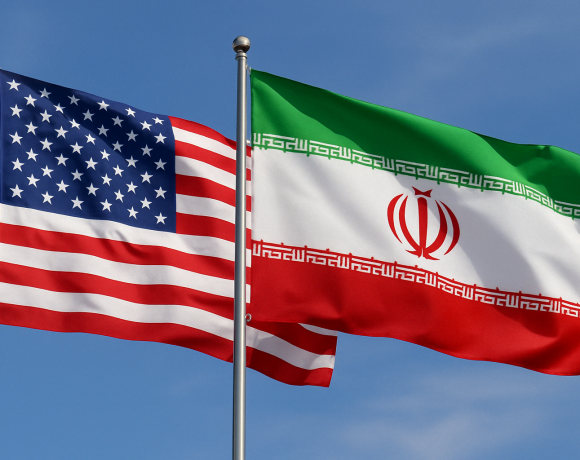
Bangladesh Invites China to Enhance Economic Ties, Citing India’s Landlocked Northeast
Bangladesh’s interim Chief Adviser Muhammad Yunus has extended an invitation to China for deeper economic engagement, asserting that Bangladesh plays a critical role in providing ocean access to India’s seven northeastern states, all of which are landlocked. During his recent visit to Beijing, Yunus positioned Bangladesh as the only maritime outlet for the region, offering it as a strategic partner and an extension of the Chinese economy.
Bangladesh China Relations
Yunus proposed that Bangladesh could serve as a vital base for manufacturing and marketing goods bound for China and other international markets. The message was clear: Bangladesh wants to amplify its economic relevance by leveraging its geographic location to foster regional connectivity, particularly with the world’s second-largest economy.
In meetings with the Chinese leadership, nine agreements were signed across sectors including economic cooperation, infrastructure, health, culture, and media. The visit signaled a strong diplomatic push by Bangladesh to attract Chinese investment and expand bilateral ties in areas that could reshape its economic landscape.
India Northeast Landlocked
The remarks about India’s northeastern states being landlocked triggered responses from Indian strategic circles. Critics questioned the need to reference India’s internal geography while making overtures to China. However, the underlying message was Bangladesh’s intent to highlight its importance as a logistical and economic corridor not only for India’s northeast but also for broader regional trade routes.
Economic Cooperation
Bangladesh also sought Chinese collaboration in managing its rivers, particularly the Teesta, and requested a 50-year master plan for comprehensive water management. Proposals were discussed for Chinese involvement in modernizing the Mongla Port and accelerating development in the Chinese Economic and Industrial Zone in Chattogram. These initiatives aim to attract large-scale Chinese investment and position Bangladesh as a hub for industrial and maritime growth.
Yunus’s pitch to China reveals a strategic recalibration in Bangladesh’s foreign policy — one that leans on its geography to attract global partnerships. As geopolitical dynamics in South Asia continue to evolve, Bangladesh is signaling its readiness to become a key player in facilitating cross-border trade, manufacturing, and connectivity in the region.


















